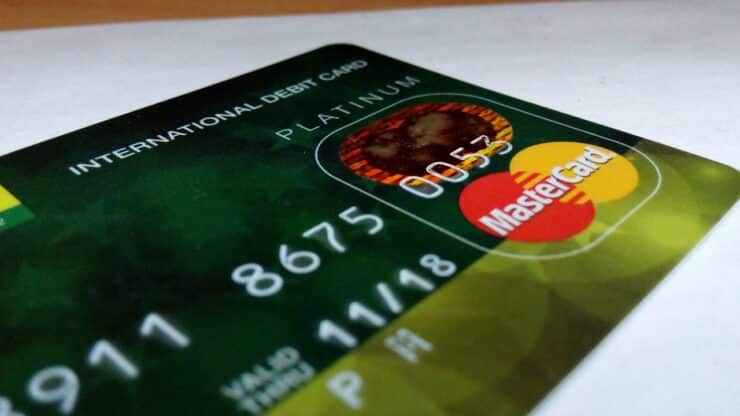Working at international events can prove very logistically complicated. You may arrange the details of the occasion from an entirely different country, with limited time ‘on the ground’. But, once the event is completed, how do you get paid for your services as a supplier? In this blog, we’ll talk about taking international payments as an event supplier.
Whether expanding an existing business to work abroad or setting up a new commercial enterprise to work exclusively internationally, taking international payments is a crucial aspect of conducting business.
However, taking international payments can be complicated, so it’s essential to do thorough research, understand the regulations, and choose the suitable payment methods to suit your business’s needs – and one your client is happy to use.
Remember – consulting with professionals and staying up to date with both the relevant regulations and best practices is the easiest way to navigate the process effectively.
Here are some general tips and considerations to keep in mind…
Choose the correct payment method
Various payment methods are available for international transactions, such as bank transfers, credit card payments, and online payment platforms like PayPal, Stripe, or Wise.
- Paypal currently charges “the applicable fee for receiving domestic commercial and QR Code transactions applies plus the additional percentage-based fee for international commercial transactions.” For example, they charge merchants 1.29% on international transactions from the sender’s market/region if it is within the European Economic Area and 1.99% from all other markets.
- Stripe charge 2.5% +20p for taking card payments from within the European Economic Area and 3.25% + 20p for other international cards (valid from 10 April 2023).
- If currency conversion is required, an additional 2% fee is applied.
- Wise states that you can receive funds in a local currency like AUD, CAD, EUR, GBP, HUF, NZD, RON, SGD, and USD without fees, but there is a fixed fee for certain wire transfers, like 4.14 for USD wire transfers.
Research and choose the service that is most suitable for your business needs and provides ease of use for your customers, and check the service’s website for complete information.

Consider currency exchange
International payments often involve currency exchange, which can impact the cost and timing of transactions.
Research and compare different currency exchange options to ensure you get the best exchange rates, save money, and minimize any additional fees.
Verify customer information
From whatever country or client you are receiving payment from, and whether you choose to use a service or direct bank transfer when accepting international payments, it is essential that you ensure that you verify your customers’ information, such as their name, address, and contact details, to minimize the risk of fraud or disputes.
You might even request a phone picture of a government ID for large transactions.
Be mindful of fees and charges
Whether using a payment service or not, international payments may come with additional fees and charges, such as transaction fees, currency conversion fees, and receiving costs.
Understand the fee structure of your chosen payment methods and factor them into your pricing or budgeting to avoid unexpected costs.

Be aware of compliance regulations and requirements
Wherever you are in the world, it’s important that you pay attention to the local rules and regulations for taking payments internationally.
For example, in the UK, the Gov.uk website states that international payments may have compliance requirements, including anti-money laundering (AML) regulations, Know Your Customer (KYC) requirements, and data protection laws.
Ensure that your event business complies with these regulations to avoid legal or financial risks.
Have a clear refund policy
International transactions can come with increased risks, especially regarding refunds.
Have a clear refund policy in place and communicate it to your customers to manage expectations and avoid potential disputes.
It is important that your refund policy is clearly stated in any contracts you make your clients sign.
Seek professional advice
If you are new to international payments or have complex business requirements, it’s always advisable to seek professional advice from financial or legal experts who can guide you through the process and help you make informed decisions.
Accountancy firms, governmental departments, and many more authorities can provide the information you after – but it is important to get your advice from a reputable source.
Do you have any advice on taking international payments? Leave them in the comments below.










